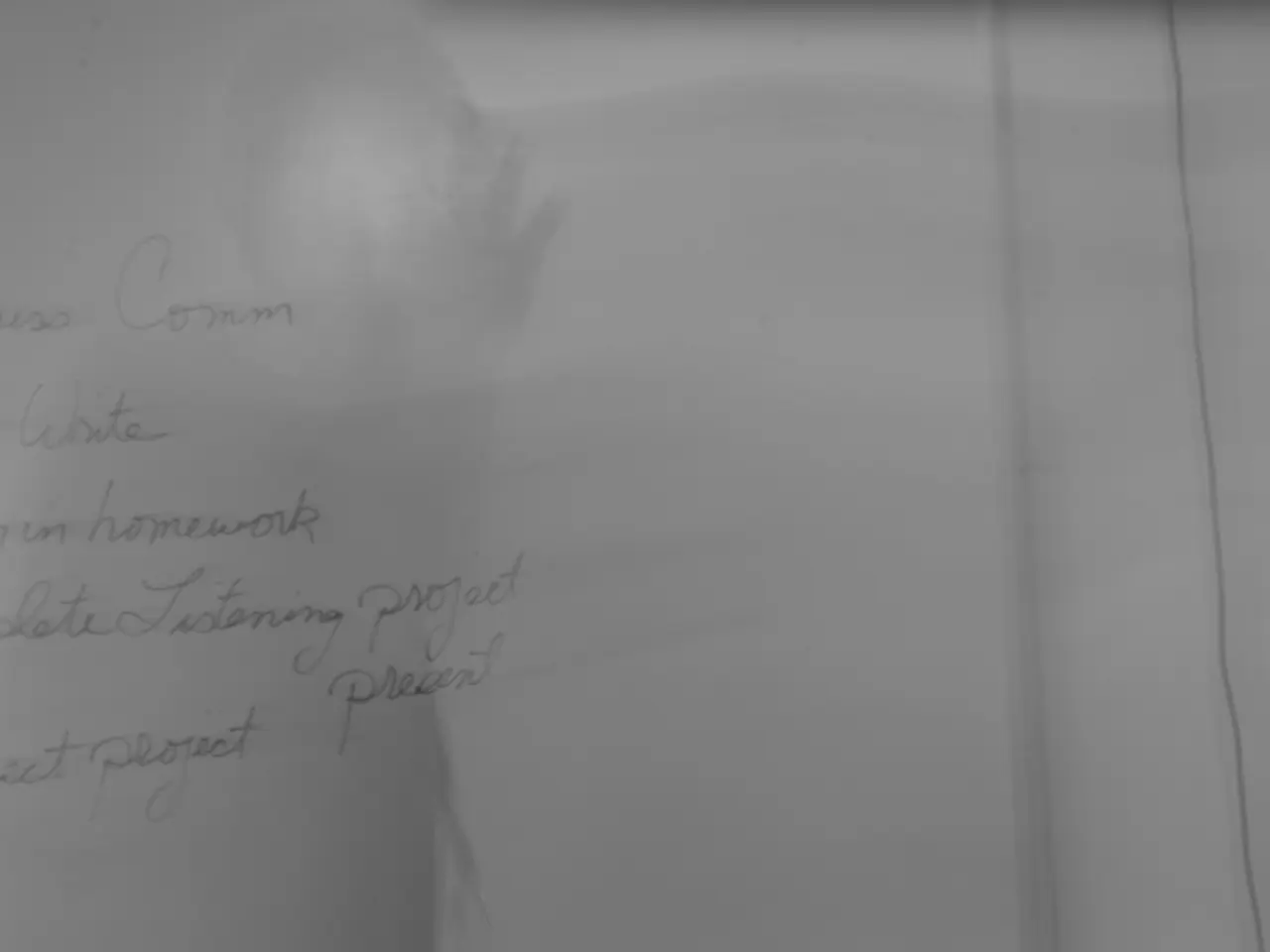Incarcerated individuals receive increased remuneration - Incarcerated Individuals Receive Significantly Enhanced Compensation
In a significant move, the Ministry of Justice in North Rhine-Westphalia has implemented a new concept of prisoner remuneration, following a ruling by the Federal Constitutional Court in Düsseldorf in June 2023. The changes aim to make work in the justice system more attractive and provide prisoners with appropriate recognition for their contributions.
The new law, developed with input from numerous associations and a survey of prisoners, increases the daily wage for prisoners who work in prisons across North Rhine-Westphalia. As of July 1st, the middle wage level now corresponds to a daily rate of 26.96 euros, up from around 16 euros. This increase is intended to make work within the prison system more appealing and incentivise prisoners to engage in rehabilitative activities.
In addition to monetary remuneration, the new concept of prisoner remuneration includes non-monetary incentives. However, specific details about these incentives have not been disclosed.
Prisoners who work consistently can now also have some of the costs of their criminal proceedings waived. This provision is expected to further motivate prisoners to participate in rehabilitative programmes and contribute positively to the justice system.
The Federal Constitutional Court ruled that work in the penal system must be considered an effective means of rehabilitation and must be given appropriate recognition. In response to this ruling, the number of days off for prisoners who work consistently has been increased from eight to a maximum of twelve per calendar year.
The law now provides for the review and further development of the concept of prisoner remuneration in line with the guidelines of the Federal Constitutional Court. However, no specific deadline has been set for other states to implement a new model for prisoner remuneration, and no mention of further development or review has been made since the initial implementation in North Rhine-Westphalia.
Justice Minister Benjamin Limbach (Greens) confirmed that these changes contribute to rehabilitation, promoting a life of social responsibility and crime-free existence. The changes in the law are part of a larger effort to improve prison conditions and promote resocialization in Germany, where prisons are designed with a focus on rehabilitation.
Despite the improvements in prisoner remuneration, concerns regarding the conditions in detention facilities, such as those in Büren, North Rhine-Westphalia, persist. The conditions in these facilities have been a subject of criticism, with some arguing that they are too similar to those in regular prisons.
While the new concept of prisoner remuneration in North Rhine-Westphalia marks a step towards improving the justice system, it is crucial to continue monitoring its effects and making necessary adjustments to ensure the rehabilitation and resocialization of prisoners. The Federal Constitutional Court's ruling and subsequent changes in North Rhine-Westphalia serve as a model for other states to follow, with the ultimate goal of benefiting society as a whole.
Community aid can be provided to prisoners in North Rhine-Westphalia to enhance their rehabilitation as they now receive increased daily wages, with the middle wage level rising to 26.96 euros. To further motivate prisoners, this vocational training-focused initiative also offers the opportunity for some costs of criminal proceedings to be waived. To finance these changes, the state may need to allocate resources to support the business of resocializing prisoners in prisons across North Rhine-Westphalia.




